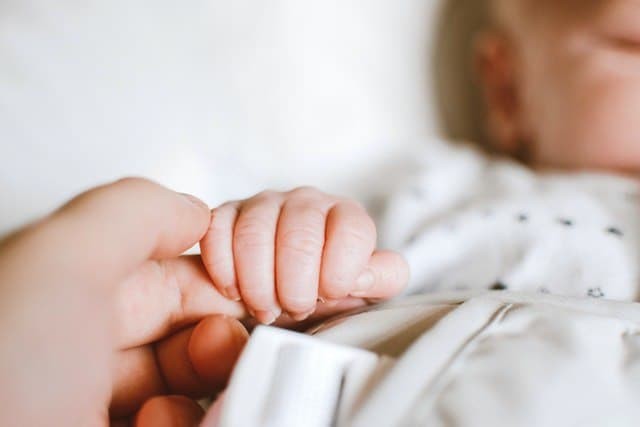A baby named Easton Sinnamon from North Carolina is the first to undergo a heart transplant and implantation of thymus tissue from the same donor.
A ScienceAlert report said that according to a statement from Duke University where the transplant was carried out, the child had received the first-of-its-kind procedure that may prevent his body from rejecting organs sans the need for lifetime drugs to suppress the immune system.
Since the thymus plays a vital role in the function of the immune system, specifically, training the body to recognize its cells and tissues against foreign invaders, it is plausible that this combination transplant could enable the body of the child to accept the new heart as part of itself rather than treating it as a foreign organ.
According to Dr. Joseph Turek, chief pediatric cardiac surgery of Duke, they thought if they did a thymus and heart transplant on Easton, there is a possibility that taking that from the same donor will enable that transplanted heart to be "recognized as self."

Combination Procedure
LiveScience specified that further research is needed to determine if this combination procedure allows the baby to live minus immunosuppressive drugs, which are usually essential in transplant patients to prevent the body from rejecting the organ, and whether it could work for other recipients of transplant.
1st-of-its-kind heart transplant in infant could prevent organ rejection https://t.co/p1BeKbIHDT
— Live Science (@LiveScience) March 11, 2022
Turek explained, if the approach is proven successful, it could be applied to all "solid organs down the road."
According to the Duke University statement, Easton was born with a heart defect and went through open surgery when he was only five days old.
However, the surgery was not enough to solve the problem, and the doctors of Easton determined that to survive, he would need a heart transplant.
Transplanted Thymus Tissue Needed
The doctors found out, too, that the baby had a thymus condition as well, which meant he would need transplanted thymus tissue.
Serendipitously, the Duke researchers investigated this particular combination, a heart and thymus transplant, in animal models.
Obtaining special approval from the Food and Drug Administration, the Doctors of Eason performed his heart transplant in August 2021 when he was six months old.
Then, two weeks later, they implanted thymus tissue that came from the same donor and cultured it in a laboratory.
Tests taken 172 days following transplant showed that the thymus tissue is working to produce immune cells, also called T-cells, in the body of Easton, the statement specified.
Avoiding Organ Rejection
Even though Easton is currently being given immunosuppressive drugs to prevent organ rejection, his doctors attempt to taper him off the drugs in the next couple of months to find out if his body is treating the new organ as "self."
Typically, transplant recipients need to take immunosuppressive drugs their whole lives to avoid organ rejection. However, long-term use of the drugs can be toxic, specifically to the kidneys, explained Turek.
And despite the administration of the drugs, the organs may eventually be rejected with the usually donated heart that lasts roughly 10 to 15 years, Duke University said in the statement.
Turek also said the case of Easton could actually "change the way that transplants are done in the future." Still, even if this procedure works for the child, there are additional challenges in applying the method to people with functioning thymus.
Report about Easton's heart transplant is shown on Duke University's YouTube video below:
RELATED ARTICLE : Mechanical Pump Developed in Australia for Total Replacement of Damaged Hearts; Device Set for Human Trials Later This Year
Check out more news and information on Heart Health in Science Times.











